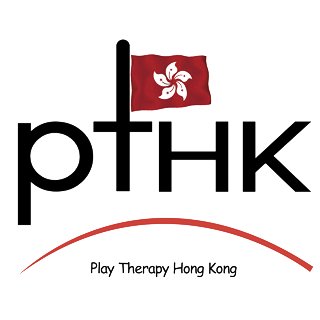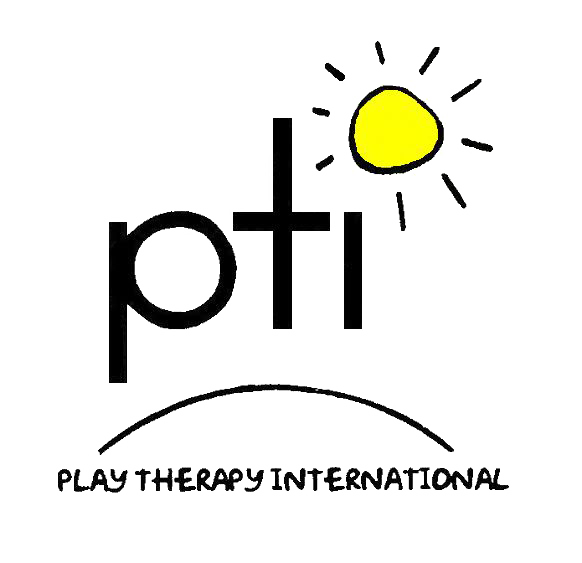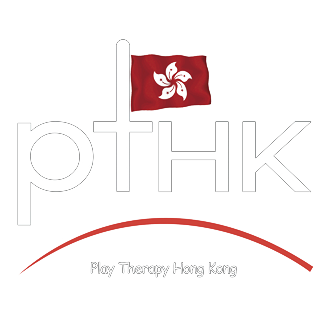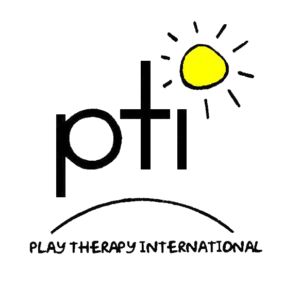This play therapy course has been clinically accredited by PTUK and PTI.
Courses delivered is recognized by the University of Chichester as part of the MA in Practice Based Play Therapy programme run in a collaborative partnership with the Academy of Play and Child Psychotherapy.
The professional award which enables successful students to practice clinically is made by PTI. Successful participants will be placed as “Certified Practitioners in Therapeutic Play Skills” on the Register – Play Therapy UK’s Register of Play and Creative Arts Therapists which is accredited by the Professional Standards Authority.
E-mail playtherapyhk@gmail.com for More Information or submit an Application Form.
The course is designed for anyone with experience of children or adolescents, who either works or intends to work therapeutically with them including:
- Counsellors
- Psychotherapists
- Clinical Psychologists
- Primary School Teachers/Assistants
- Nurses
- Nursery School Teachers/Assistants
- Social Workers
- Play School Teachers/Assistants
- Care Home Staff
- Adoption/Foster Agency Workers
- Enhance your career/professional skills
- Increase your satisfaction in working with children
- Give you the skills to help children develop their emotional literacy
- Give you the skills to alleviate behaviour and mental health problems
- Assist your own personal development
- Provide you with the Profession Structure Model competencies defined by PTUK to work with individual children who have slight to moderate problems
The Certificate course is the first part of programme leading to an MA in Practise Based Play Therapy. It is at stage 2 of the PTUK four stage training model.
It may be undertaken as a ‘stand alone’ course.
The course is unique in integrating both non directive and directive approaches to play therapy. The programme content is based upon the theory and practice of humanistic psychology, particularly that of Virginia Axline (“Dibs In Search of Self”), and Carl Rogers and the gestalt play therapy approach of Violet Oaklander. It recognises contributions made by others in the 20th century such as John Bowlby, Margaret Lowenfeld, Donald Winnicott, Rachel Pinney etc. It also places importance on the spiritual aspect of human development. Opportunities for meditation and all forms of creativity will enrich the contents of the course.
The lives of children in the present day are highly regulated and controlled. Non-directive play therapy offers a child the opportunity of making choices and taking responsibility for them; expressing him/herself freely; being accepted unconditionally; having his/her deepest feelings respected and accepted. For these reasons their play is not interpreted and no judgements are made.
Such freedoms may only be obtained by the provision of a strong framework. Therefore the adult takes responsibility for the safety of the child, themselves and the environment. Within these constraints, the child has complete freedom to choose. Time boundaries are also considered to be important thus adding a sense of security by adhering to beginnings and ends. In this way the time within a session becomes timeless and the child’s imagination is set free to explore and recreate his/her experiences and to create and make his/her own world.
There are, however, a number of cases where the non directive needs to be complemented by other approaches. For example working with terminally ill, bereaved, autistic children in organisational settings and short term work.
The main items in the ‘Play Therapy Tool-Kit’ are taught and put into practice,
The overall purpose is to enable participants to practice safely and effectively using therapeutic play skills in a variety of settings to provide emotional support to individual children for slight to moderate problems. Upon successful completion of the course each participant will have gained:
- A sound understanding of the principles underlying play therapy and the appropriate use of techniques in the play therapy tool-kit
- Practical skills for running therapeutic play sessions with individual children
- An ability to assess children’s needs and organise the provision of therapeutic play facilities
- An appreciation of the ethical issues
- Increased confidence in using therapeutic play with children and adolescents
- The counselling, therapeutic and practical skills to enable you to carry out therapeutic play
- An understanding of the ethical considerations
- Awareness of your own process and development
- Theoretical Knowledge of child development and child psychology
Module Descriptions – (The sequence and content may vary slightly from course to course)
Module 1 – Course Introduction; Starting to Work Therapeutically With Children; The Therapeutic Play Continuum; Creative Visualisation; Setting Up to Practice; Pharmacology
Module 2 – Music Skills for Working With Individuals and Attachment theory
Module 3 – Storytelling & Puppetry Skills for Use With Individual Children; Comparison of Theoretical Models of Psychotherapy
Module 4 – Sand play skills for working with individuals and related theory; the Use of Natural Materials; Child Development Theory (1); Art Therapy for Individuals
Module 5 – Dance and Movement skills for working with individuals; Student presentations; Endings
The course is divided into 5 modules some of which will gain a CPD certificate in its own right for the skills learnt as above.
Participants will learn through working with other members of the course about the roles and responsibilities of the therapeutic relationship. There will be tutorials on theory but formal teaching and lecturing will be kept to an essential minimum.
Learning will be experiential and collaborative using pair, group work, role-play and case presentations. Homework reading and other assignments will provide new information and consolidation of material from the experiential work encountered within the weekends. Assignments will be subject of group discussions the following weekend.
Award
Recognition as a Certified Practitioner in Therapeutic Play Skills will be awarded by Play Therapy International on the basis of:
- 1 written case study, covering the work with a child for at least 1 year and showing a clear integration of theory and practice
- Completion of process diary over the clinical practicum period
- Continuous satisfactory evaluation of course work contributions
- Evidence of having completed at least 100 hrs supervised hours of working with children using play therapy
- Completion of essays showing a good understanding of academic and clinical theories and the ability of applying the theories into practice
- Evidence of regular play therapy supervision
- Satisfactory attendance on the course
Dates
3 days x 5 blocks: 14 – 16 Jun, 9- 11 Aug, 1- 3 Nov, 2024 and 28 Feb – 2 Mar, 2025
8 days x 2 blocks: 28 Sep – 5 Oct and 14 – 21 Dec, 2024
Time:
9:00 am – 5:00 pm each day
Venue
Fees
HK$ 43,000 (on or before 30 April, 2024, early -bird discount),
HK$ 45,000 (after 30 April, 2024)



